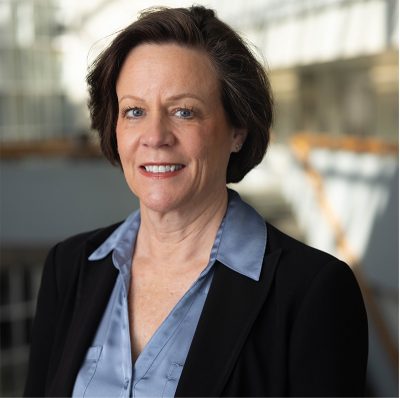Many high-profile catalytic reactions in modern organic synthesis involve coupled multi-cycle networks, with key examples including organocatalytic cascade reactions and photochemical and electrochemical systems. Distinct catalytic cycles combine to operate as connected “cogs” within the overall reaction network. Such complex systems exhibit features that are not easily interpreted by conventional kinetic and mechanistic analyses that focus on individual elementary reaction steps – or even individual catalytic cycles – in isolation from the full network. Competition for the catalyst between different components in different cycles may result in unexpected trends in overall productivity, reflected in observations of unusual substrate concentration dependences, rate laws, and catalyst speciation. In this work, reaction network simulations are carried out based on selected examples to illustrate how kinetic profiles may help to address the challenge to understand, predict, and optimize outcomes in complex, connected, multi-cycle systems.
Biography
 Donna G Blackmond received a PhD in Chemical Engineering from Carnegie Mellon University. She has held professorships in chemistry and in chemical engineering in the US (University of Pittsburgh), Germany (Max-Planck-Institut für Kohlenforschung), and the UK (University of Hull; Imperial College London), and she has worked in the pharmaceutical industry (Merck). She is Professor of Chemistry and the John C. Martin Endowed Chair in Chemistry at Scripps Research, La Jolla, California. She holds joint US/UK citizenship.
Donna G Blackmond received a PhD in Chemical Engineering from Carnegie Mellon University. She has held professorships in chemistry and in chemical engineering in the US (University of Pittsburgh), Germany (Max-Planck-Institut für Kohlenforschung), and the UK (University of Hull; Imperial College London), and she has worked in the pharmaceutical industry (Merck). She is Professor of Chemistry and the John C. Martin Endowed Chair in Chemistry at Scripps Research, La Jolla, California. She holds joint US/UK citizenship.
Prof. Blackmond is an elected member of the US National Academy of Sciences, the US National Academy of Engineering, the American Academy of Arts and Sciences, the German Academy of Sciences Leopoldina, and a Fellow of the Royal Society of London. She has been recognized internationally for her research including the Wolfson Research Merit Award from the Royal Society, the Max-Planck-Gesellschaft Award for Outstanding Women Scientists, the Arthur C. Cope Scholar Award from the American Chemical Society, the IUPAC Award for Distinguished Women in Chemistry or Chemical Engineering, and a Humboldt-Forschungspreis from the Alexander von Humboldt Foundation. Prof. Blackmond’s research focuses on mechanistic studies of organic reactions, including asymmetric catalysis.




